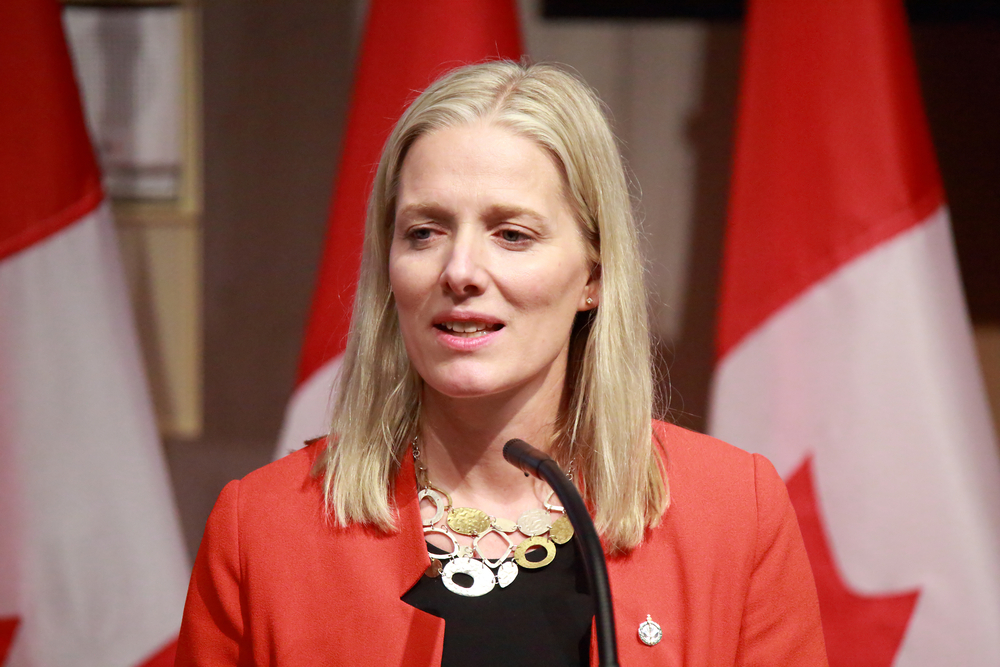
OTTAWA — The federal government is rejecting most of the amendments proposed by Conservative senators to Bill C-69.
A senior government official speaking on the condition of anonymity because he wasn’t authorized to speak publicly on the matter, said after going through every amendment — there were 187 by one count ?– the government has concluded most of the proposals by Conservative senators were designed to weaken the bill.
“The vast majority of conservative proposals are simply unacceptable,” he said.
About 90 per cent of the Conservative amendments will not be agreed to, he said, including allowing the new Impact Assessment Agency flexibility to decide whether to take into account a project’s effect on Indigenous rights or climate change.
The government is also rejecting amendments that would make it harder to challenge a project approval in court and limit who can participate in review hearings.
The official said the government is OK with the Impact Assessment Agency having discretion to decide how the public can meaningfully participate, but legislating away people’s right to be heard was “just flat out not acceptable.”
Many of those amendments were heavily criticized by environment groups that said C-69 provided some balance between protecting the environment and economic growth. They blamed the Conservatives for wanting to give full reign to the oil and gas sector to run roughshod over the environment.
Environment Minister Catherine McKenna served notice late Tuesday of her intention to table the government’s motion responding to the Senate amendments in the House of Commons after question period Wednesday.
Conservative senators, the Canadian Association of Petroleum Producers and five conservative premiers have all said that every single amendment has to be accepted or the bill will be the death knell for Canada’s oil and gas sector.
The premiers this week warned Trudeau he was threatening national unity if he didn’t accept all the changes. In turn, he accused them of irresponsibly playing games with national unity simply because they weren’t getting their way.
The legislation overhauls how major national resource and transportation projects, such as pipelines, mines and interprovincial highways, are assessed for their impact on the environment, the economy, and the health and social well-being of Canadians.
It fulfills a Liberal election promise to replace a 2012 process brought in by the former Conservative government. That process, used to review both the Northern Gateway pipeline and the Trans Mountain pipeline expansion, ended up with a federal court overturning the cabinet approval because the review process didn’t adequately consider environmental effects and Indigenous rights.
There are many amendments, mostly made by independent senators who were appointed by Prime Minister Justin Trudeau since 2016, the government will accept. Those include changes to reduce the discretion of the minister of the environment to interfere in a review process.
The government initially wrote the bill so that the minister would be able to intervene to lift time constraints placed on the review process and appoint the panellists who will review major projects.
The changes transfer those authorities from the minister to the head of the new Impact Assessment Agency.
Changes that improve the role regional assessments can play to look at proposals will be accepted as the government wants to reduce duplication of reviews at provincial and federal levels. Also, changes that give more clarity to how a new planning and design phase will work are also acceptable to the government.
The planning phase is meant to force project proponents to put their cards on the table early so any potential concerns from affected communities can be raised immediately.